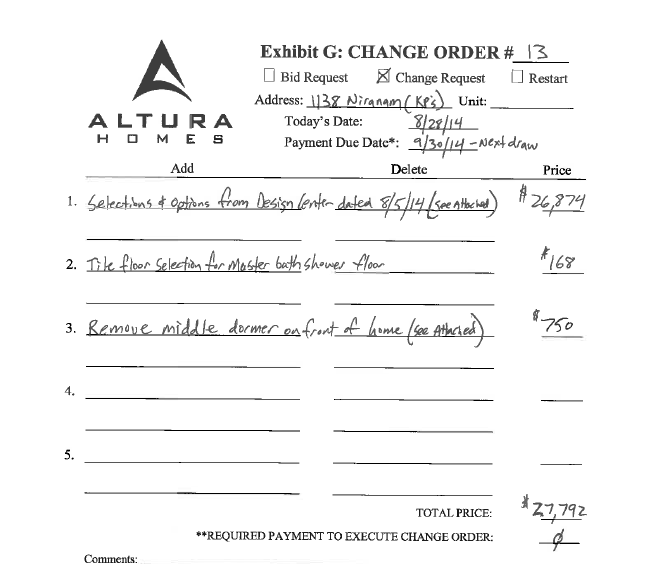Yesterday, I noted how K.P. Yohannan criticized missionary hospitals and schools in his first book but now funds them in India with millions of donor dollars.
Today, at the suggestion of a reader, I take a look at similar criticism in his third book, originally titled Why the World Waits.
On pages 245-246 Yohannan’s 2004 edition re-titled Come, Let’s Reach the World, Yohannan poses some questions prospective donors should ask about mission organizations. While I don’t know the answers to all of them as applied to GFA, the answers I do know suggest Yohannan’s GFA fails his own test.
From the book:
Ask questions relating to financial and administrative standards.
1. Is an annual audit done by a certified accountant?
Until I reported on errors in the 2013 audit, GFA published an audit available by request. According to GFA sources, the most recent audit for 2014 has been completed but GFA won’t release it.
2. Is the audit made available to the organization’s constituency?
Not currently. For many years, GFA refused to post their audit citing security concerns. However, until recently, one could request a copy by mail. Now, GFA will not release an audit of the U.S. affiliate. To my knowledge, there is no public audit of the Indian organizations (i.e., GFA-India, Believers Church).
3. Is the ratio of spending for field ministry considerably greater than for administration? (It should be at least 80 percent for actual ministry.)
The actual ratio is a matter of debate. For many years, GFA claimed to send 100% of donated funds to the field but an analysis by Jason Watkins casts doubt on that claim. There is ample reason to suspect that many donations have gone to pay for hospital construction as well as other projects not designated by donors.
4. Are all documents, assets and the like in the name of the organization (not an individual leader)?
No, Believers’ Church* policy requires that property and assets be listed under the name of K.P. Yohannan as Metropolitian bishop along with the church.
5. What are the major items of expense? (If funds go primarily for properties, hospitals and schools rather than for actual field evangelism, be extremely cautious to check them out.)
As I have documented, GFA has amassed an empire of for profit schools and hospitals. They own a rubber plantation, a finance company, rental properties, and sponsor a professional soccer team. An Indian tax court found that GFA did not spend “substantial” funds as donors intended. According to Watkins financial review, only a tiny portion of the donations went to evangelistic activities.
6. Is the missionary or group receiving any financial assistance from other sources?
GFA receives funds primarily from donors in the U.S., Canada and the UK.
7. Is there a written agreement to declare all sources of income for any given project?
In the past, GFA promised to spend funds in accord with donor intent. After losing membership in the Evangelical Council for Financial Accountability, GFA changed their promise to make it more explicit that the organization may use donated funds for purposes other than donors intend.
8. Is the group registered with the government as a charitable or nonprofit organization?
Yes.
9. Are finances and financial records handled only by the leader and his relatives? (If this is the case, then you have good enough reason not to support him.)
According the Believers’ Church constitution, funds cannot be spent without the oversight of the Metropolitan Bishiop (Yohannan). He has relatives on his boards (his wife, son, daughter, son-in-law and niece are on various boards with oversight over the funds).
10. Are the accounts jointly operated (that is, at least two people responsible for handling the funds)?
As noted above, Yohannan has the final say on how money is spent. There is a committee which exercises oversight but Yohannan has veto power over all actions of the Believers’ Church. His name is on the deed to all properties.
11. Are written and signed receipts kept for records of how money was spent for any given project or missionary?
When GFA illegally sent U.S. currency to India in student backpacks, students and staff were promised receipts. However, for the most part, these were not given to students and one staff member had to implore Yohannan and the U.S. leadership for receipts.
12. Who makes decisions that govern the activities of the mission?
Clearly, by Believers’ Church constitution, the decisions are made by K.P. Yohannan. According to former staffers, the same is true in the U.S., the board has very little role. One former board member Gayle Erwin left the board because he became convinced that Yohannan was withholding information from the board. Furthermore, Yohannan re-wrote a report Erwin penned because Yohannan perceived that the report portrayed GFA in a negative light.
More recently, Yohannan removed two board members from the board of GFA Canada after those board members began asking questions about GFA’s financial dealings. The removal was contrary to the organization’s by-laws.
By his own standards, Yohannan’s current GFA fails badly and isn’t a good candidate for donations.
According to veteran missionary Billy Bray, the book should have listed him as first author since he wrote much of it. Read more about the authorship of Yohannan’s first three books here.
*Believers’ Church is the central organization in India. GFA in the U.S. sends donated funds to Believers’ Church to use them in India via GFA-India and other government registered charity entities.


